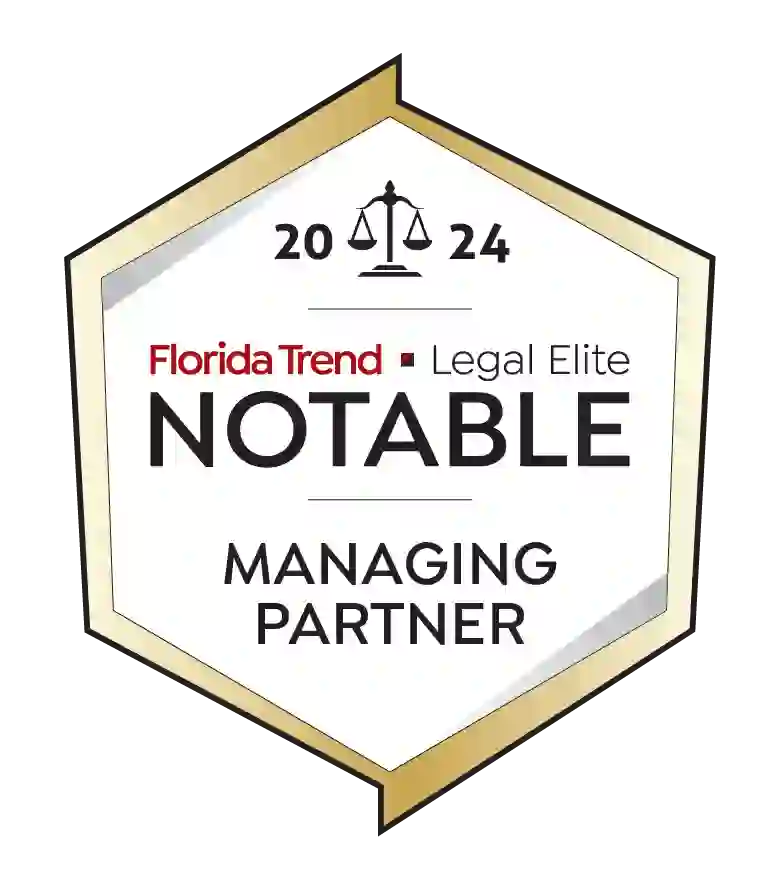Age, illness, or accidents can deprive people of the ability to make good decisions or communicate their wishes. When that happens, courts can appoint a guardian to make decisions for them.
It can be difficult when someone you love loses their ability to care for themselves and it is important to step up and keep them and their property safe.
A plenary guardian is a person with the legal authority to make all decisions for an incapacitated person. When a loved one needs someone else to make their decisions for their protection, contact a Little Gables plenary guardianship lawyer to discuss the possibilities.
Understanding the Basics of Guardianship
Every adult has the right to make their own decisions. Courts are reluctant to deprive an adult of their rights without convincing evidence that the person cannot keep themselves safe. When a court receives evidence that someone needs help with decisions, the court can appoint a guardian.
A plenary guardianship is the most expansive type. The plenary guardian has control over where the ward lives, the healthcare they receive, and all the financial decisions. A court only appoints a plenary guardian if there is enough proof that the ward is unable to care for themselves. A Little Gables attorney can review a situation and advise whether a plenary guardianship is appropriate.
How Courts Appoint a Plenary Guardian
Establishing a plenary guardianship is a legal process that must be done through the probate court. According to Florida Statute § 744.3201, any competent adult can petition the court to declare someone incapacitated and appoint a guardian for them. The person receives notice of the petition and can contest it if they do not wish to have a guardian.
When the individual objects to guardianship, three experts the court appoints—at least one of them must be a doctor—will interview the person. Each expert writes a report to the court about whether they believe the person needs a guardian.
Once the experts have filed their reports, the court holds a hearing. The Judge considers both sides’ arguments and the reports when determining whether to appoint a guardian. The reports also help the Judge decide whether the person requires a plenary guardian or can retain some decision-making authority for themselves.
Powers and Responsibilities of a Plenary Guardian
When a Judge appoints a plenary guardian, they issue orders describing in detail the authority the guardian has. The plenary guardian often has extensive control over the ward’s life. They could make decisions such as:
- Deciding where the ward lives;
- Selling the ward’s property;
- Apply for the ward to receive public benefits;
- Arranging for services like housekeeping or in-home nursing care;
- Managing the ward’s investments;
- Handling the ward’s bank accounts and paying their bills.
A plenary guardian also makes healthcare decisions, unless the ward completed a healthcare proxy or advance directive before they become incapacitated.
Guardian Oversight
Although the plenary guardian has considerable power, they are under the court’s supervision and must report their activities to the Judge. They may need the Judge’s permission to sell the ward’s property or take other actions. The Judge’s order establishing the guardianship will list the activities that require the court’s permission but a Little Gables attorney could clarify the order for a plenary guardian if necessary.
Guardians must take a training course and sometimes must post a bond. They must also make an inventory of the ward’s property and submit a plan to the Judge within 60 days of their appointment. They must submit reports describing their activities every year (and sometimes more often if the Judge requests it).
Consult a Little Gables Attorney About Plenary Guardianship Issues Today
Guardianship is meant to protect people who are vulnerable due to age, illness, or disability. People who have guardians lose some or all their rights, so Judges are reluctant to grant this status unless there is compelling evidence it is necessary.
When you believe a loved one may need a plenary guardian, or if someone is seeking to appoint a guardian for you over your objection, contact a Little Gables plenary guardianship lawyer. The Florida Probate & Family Law Firm can advise you on all aspects of this development.





























